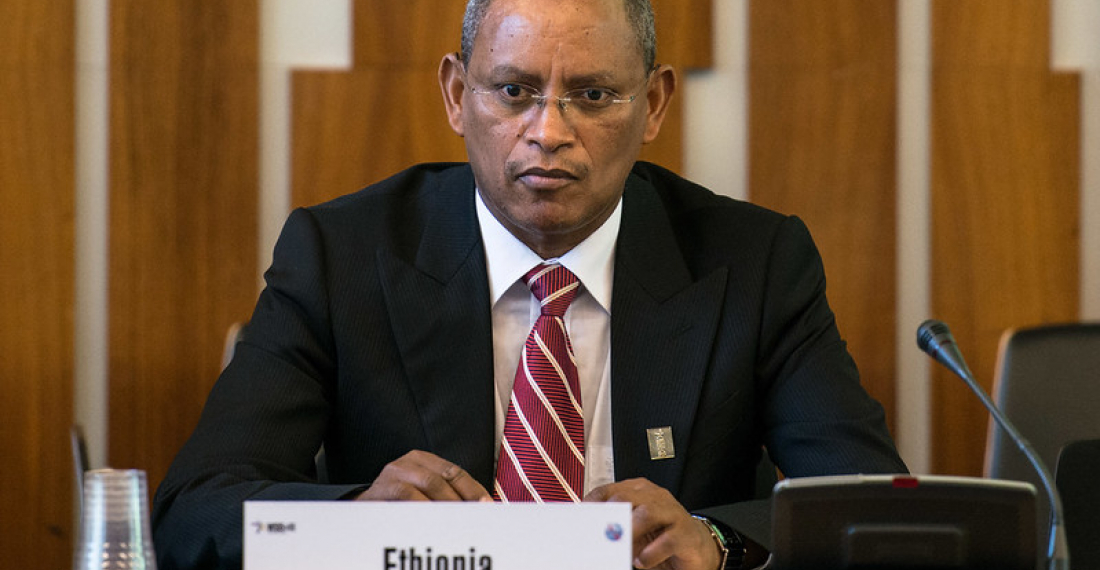Ethiopian Prime Minister Abiy Ahmed announced victory in the military stand-off between the country's armed forces and local dissidents in the Tigray region. Ahmed announced that government forces had captured and gained control of the regional capital, Mekelle without harming any civilians.
"The federal government is now fully in control of the city of Mekelle," Ahmed said, as he emphasized the "main operation" of the fighting between the Ethiopian army and forces loyal to the Tigray People's Liberation Front (TPLF) "is now successfully concluded."
Reports of the capture of the city by Federal forces remain unconfirmed by independent sources.
TPLF leader, Debretsion Gebremichael, says they are committed to continuing fighting, and it is likely that TPLF forces withdrew to the outskirts of the city from where they will engage in guerilla warfare.
Gebremichael also accused Eritrea of aiding the offence over Tigray. Last night, the US Embassy in Eritrea reported six explosions in the Eritrean capital Asmara, which are likely to have been rockets launched from Tigray. There were reports of earlier attacks by Tigray forces on targets in Eritrea.
Source: commonspace.eu with Xinhua (Beijing) and agencies.
Photo: Debretsion Gebremichael during his spell as Minister of Communication.







